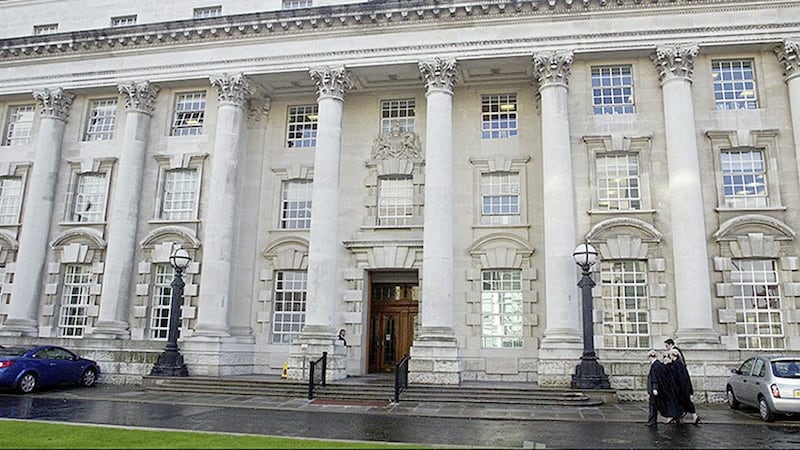A CO Antrim man who suffered brain damage shortly after birth is to be awarded nearly £14m in damages.
The pay-out approved at the High Court is believed to be among the largest medical negligence settlements reached in Northern Ireland.
Lawyers for the 27-year-old man, who cannot be identified, sued over an alleged failure to provide necessary treatment after he was born at the Royal Victoria Hospital in Belfast in 1995.
He developed severe jaundice when three days old and required blood transfusions which were not carried out.
Because of that failure he developed the rare condition kernicterus, resulting in irreversible brain damage.
The man also suffers from cerebral palsy, learning difficulties and deafness.
Liability was accepted in an action brought against the Belfast Health and Social Care Trust.
Proceedings centred on the level of compensation to cover general damages, loss of earnings and the cost of providing appropriate care.
A final resolution approved by Mr Justice McAlinden includes payments made in instalments for the rest of the man's life.
Based on accountancy figures, the estimated total value of the settlement will reach almost £14m.
In November last year the High Court also approved a pay-out of nearly £20m for a nine-year-old girl from Co Down who suffered a serious brain injury at birth.
Her family sued the South Eastern Health and Social Care Trust over a severe oxygen deficiency which led to her developing cerebral palsy.
According to the Co Antrim man's solicitor, John Gibbons, the increasing financial scale of so-called "brain damage from birth"cases is linked to new legislation passed just before the collapse of Stormont.
The Damages (Return on Investment) Act (NI) 2022 allows enhanced compensation to cover low interest rates and high inflation.
In a statement after resolving his client's action, Mr Gibbons said: "These cases used to settle for £6m or £8m maximum, but not any more.
"It's a combination of the increasing cost of expensive nursing care that the client needs for the rest of his life and a feature of the new
legislation called the "negative discount rate." "Lots of big claims were parked until that legislation was passed, because the lawyers knew it would mean much bigger pay-outs."
Mr Gibbons predicted: "There is now likely to be a wave of such cases coming through the system, as well as this case, with all the impact that will have on constrained NHS budgets.
"However, many would argue that if there was adequate investment into the NHS in the first place, these catastrophic and expensive mistakes could and should be avoided."

